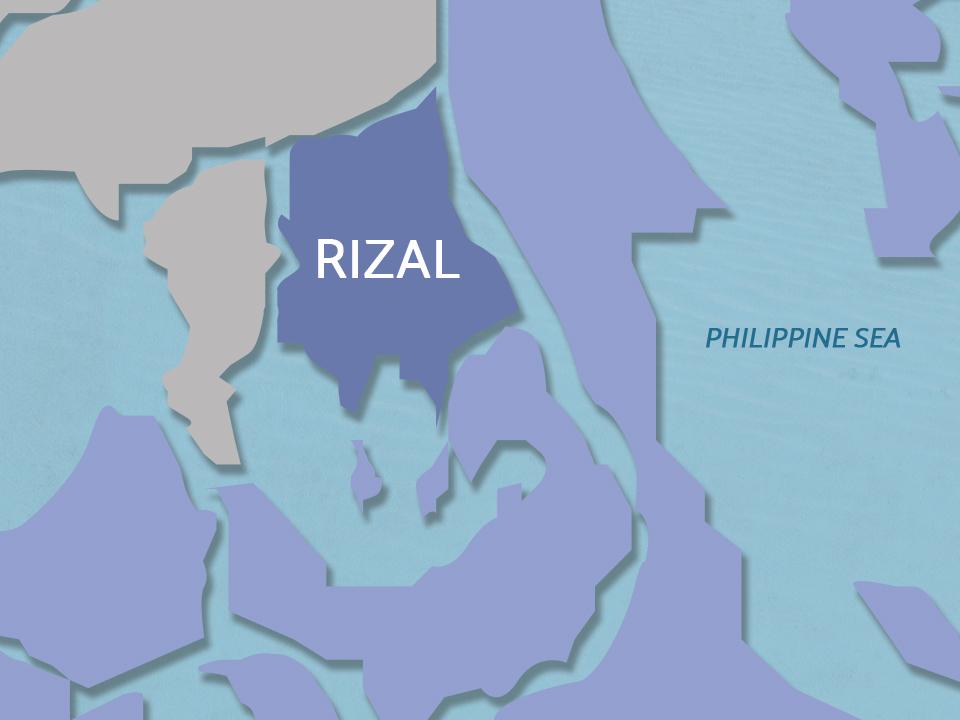Washington County’s sewer board promised increased transparency and accountability last week as it voted to adopt new oversight measures in response to an investigation by The Oregonian/OregonLive that uncovered lavish spending at the public agency. But officials still refuse to disclose how much money sewer executives spent in the past decade on annual business trips to Hawaii . A month ago, The Oregonian/OregonLive reported that Clean Water Services spent four times more on food than its two metro area counterparts combined during a five-year period and that sewer officials traveled to Hawaii to hold annual insurance company board meetings and attend insurance conferences at a rotating cast of five-star resorts.
The cost of the 2019, 2022 and 2023 Hawaii trips hit a combined $91,000, with the tab indirectly picked up by ratepayers. The 2023 trip alone cost nearly $42,000 and included first-class airfare and a premium hotel room for the agency’s chief executive officer, which officials have said were booked as reasonable accommodations under the Americans with Disabilities Act. But details of four other Hawaii trips remain unknown.

That’s because those records are held by an insurance subsidiary that the Clean Water Services board created in 2016 and registered in the state of Hawaii, where it said the business climate was most favorable. Officials have repeatedly referred questions about the Hawaii trips to the insurance company, which in turn has declined to disclose or has not responded to requests for the costs of the 2016, 2017, 2018 and 2024 trips, stating it is not subject to Oregon public records law. In the aftermath of the newsroom’s investigation, officials acknowledged the need to rebuild public trust .
The agency should adhere to the “values of openness and transparency,” said Commissioner Pam Treece, who serves on the Clean Water Services board alongside the four other members of the Washington County Board of Commissioners. Clean Water Services CEO Diane Taniguchi-Dennis said she agreed with the board’s new oversight measures “to enhance transparency and accountability.” Last week, The Oregonian/OregonLive emailed the boards of both Clean Water Services and the Clean Water Insurance Company, asking once again that they disclose the costs of the Hawaii trips and who attended in light of the transparency and accountability measures.
No member of either board responded. Ratepayers remain in the dark about the total cost of the Hawaii trips. “It’s troubling and disappointing,” said Tualatin City Manager Sherilyn Lombos, who has called on sewer officials to be more transparent.
“I would reiterate that the public trust is at stake here and if you’re not willing to provide the public with the records, that looks like you’re hiding something, whether you are or not.” Paul Shimomoto, a lawyer for the insurance company, told The Oregonian/OregonLive in an April 10 email to direct all questions to him going forward and not to individual board members. Shimomoto said the insurance company “takes seriously” the oversight measures implemented by the sewer board, including a request that it implement a new travel policy.
Shimomoto did not acknowledge the newspaper’s request for the costs of the four Hawaii trips. He previously provided records for three Hawaii trips even though he claimed the insurance company was not obligated to do so in response to a public records request from the newsroom, adding later that records for 2024 remained “in the reconciliation process” while ignoring questions since February about other trips. The ongoing silence comes as city managers and the county auditor have called on the sewer agency to make those records public, and ratepayers have raised concerns about the agency shielding information through its insurance subsidiary.
Tualatin’s city manager is among 15 representatives on an advisory commission for Clean Water Services. At a meeting last week, she read a statement on behalf of city managers from the 12 Washington County cities whose residents receive sewer connections from Clean Water Services. Among other things, those managers said the agency should hire a third-party auditor to review the agency’s spending and commit “to transparency and upholding Oregon public records and meeting laws with regards to the Clean Water Insurance Company, regardless of where the company is based.
” Other members of the advisory commission also called on the agency to provide more information on the insurance company’s spending. Andy Haugen, one of the commission’s neighborhood representatives, asked the agency to account for the $315,575 in general and administrative expenses that the insurance company reported spending for the year ending last June. Clean Water Services, Oregon’s second-largest sewer agency, provides wastewater treatment, stormwater management and watershed enhancement to about 610,000 people in Washington County.
It is largely supported by funds collected from ratepayers. Officials expect to receive nearly $187 million in service charges this fiscal year from businesses and homeowners, whose rates most recently rose 4%. Its insurance subsidiary receives the vast majority of its funding from premiums paid by the sewer agency.
While the insurance company has maintained that it is an independent captive insurer subject to the applicable laws and regulations of the state of Hawaii, not Oregon, board documents show it is a wholly-owned subsidiary of Clean Water Services whose board is mostly composed of executives from the sewer agency. Its board members are: Taniguchi-Dennis; Caroline Lobdell, the utility’s general counsel and chief compliance officer; Jack Liang, the sewer agency’s chief business operations officer; Kathleen Leader, the sewer agency’s chief financial officer; Roy Rogers, a former longtime Washington County commissioner; and Jakob Lutkavage-Dvorscak, general counsel at insurance consultant The Partners Group. Steven Wilker, a partner at Portland law firm Tonkon Torp and public records law expert, questioned the contention that the insurance company’s travel spending is not subject to Oregon public records law.
He noted that the insurance company is a member-managed limited liability company whose sole member is Clean Water Services, which he argued makes the insurance company an arm of the district. Under that arrangement, he said Clean Water Services is in full control of the insurance company and therefore has control over its records. “In this case, nothing I’ve heard or seen would suggest to me that the district doesn’t have control over the records of its insurer,” said Wilker, who has represented The Oregonian/OregonLive in past litigation.
“The fact that its chief executive and general counsel are actually on the board and operating the underlying entity just makes that even clearer.” Kathryn Harrington, the Clean Water Services board chair, previously told The Oregonian/OregonLive that she was bothered by the Hawaii spending and resulting loss of public trust. But she insisted she can’t dictate what the insurance company does with its money because it’s a separate entity with its own board.
Neither Harrington nor her fellow board members have publicly called on the employees of Clean Water Services who sit on the insurance company board to ensure full spending details about the Hawaii trips are disclosed. Washington County resident Nancy Hoover said she was left with many questions about the agency’s spending practices and relationship with its subsidiary after reading The Oregonian/OregonLive’s reporting, and she was dismayed by the lack of oversight from the Washington County commissioners who make up the agency’s board. “Inside that agency, there’s a lack of transparency and they don’t seem to care,” said Hoover, whose last bimonthly bill from Clean Water Services was about $125.
The Oregon Government Ethics Commission said last month that it had opened a preliminary review into officials at Clean Water Services after receiving at least 10 complaints about the agency’s spending following The Oregonian/OregonLive’s reporting. One Beaverton resident wrote that the agency is “largely refusing to furnish relevant documents to the press” and questioned if that was to conceal officials using their public office for personal gain. A Tigard resident wrote that the spending showed a lack of controls, judgment and care in Clean Water Services and “anyone on the board of this captive insurance entity that seems to have the added advantage of opacity.
” Washington County Auditor Kristine Adams-Wannberg said the sewer agency should release information about the Hawaii trips, regardless of whether it is legally required to. In an interview with The Oregonian/OregonLive, she praised some of the oversight measures the sewer board committed to last week, including its decision to take company credit cards away from executives and implement a new travel policy that it is calling for the insurance company to also adopt. However, she said she is concerned that a planned audit won’t be truly independent if it is managed by the agency’s general counsel and questioned if officials had plans in place to ensure long-term accountability and a culture change within the agency.
She said accountability has to start by making good on the pledge for transparency. “The board has made some statements, I think they were very good and worthy statements, but it’s about the follow up,” Adams-Wannberg said. “If those records aren’t released, it could have the public call into question what was the degree of sincerity there.
” — Jamie Goldberg oversees The Oregonian/OregonLive’s politics, education and homelessness coverage. She can be reached at [email protected] or 503-221-8228.
You can find her on X at @jamiebgoldberg or Bluesky at @jamiebgoldberg.bsky.social .
.
Top

‘Troubling and disappointing’: Washington County sewer agency continues to shield key info about Hawaii trips

Agency officials pledged transparency but won’t share details about four business trips to Hawaii.











